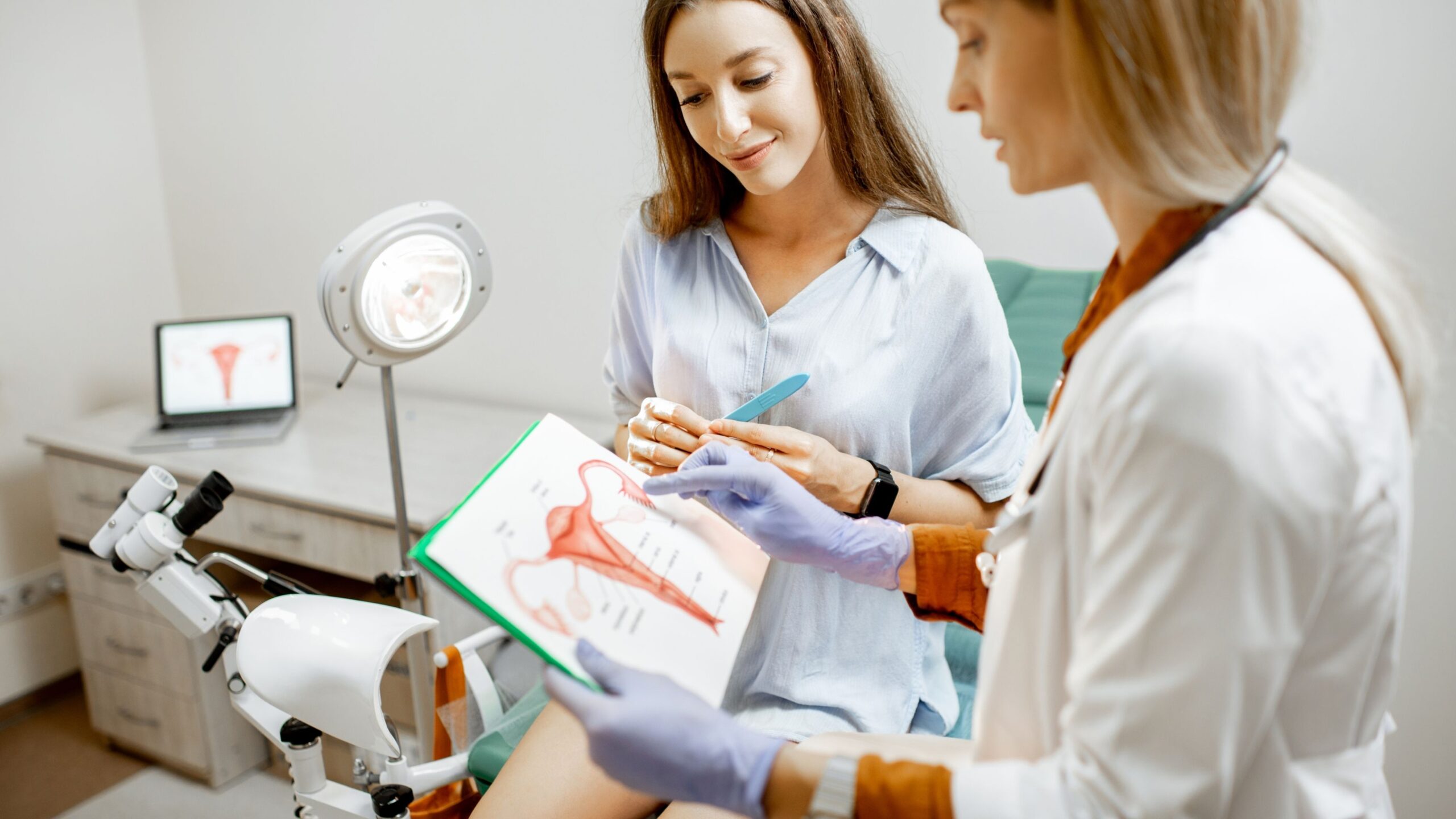
The most pivotal step in the egg donation journey can often be overlooked with all the other preliminary steps in mind! For egg donors, there is an extensive screening, testing, and monitoring process forgoing the big event, the egg donation procedure. But what happens when you are finally ready to donate? What can an egg donor expect to ensue during egg retrieval? How long does it take? How invasive is it and how is the donor’s comfortability and pain managed? Are there any relative side effects a donor should prepare for?
Keep reading as we’ll explain this minimally invasive procedure in depth, from prep, procedure, to best aftercare practices!
What is the Egg Donation Procedure?
Egg retrieval, more formally called Oocyte retrieval, is a procedure in which eggs are taken from the donor’s ovaries. 2 weeks prior to this event, egg donors have begun their two weeks of self-administered hormone injections through the abdomen in which small, short needles are used to stimulate a select number of eggs for retrieval.
To retrieve these stimulated eggs, an ultrasound probe is inserted into the vaginal canal with a short needle, which passes through the vaginal wall. We then use the probe to guide the needle in locating the follicles within a woman’s ovaries containing said eggs. The eggs are then removed through the needle through a suctioning device. So, there are zero incisions or scarring, leading to a quicker healing process!
From start to completion, egg retrieval typically takes no more than 30 minutes, typically within a 15- minute period.
At The World Egg and Sperm Bank, you will donate between 10-20 eggs at a time. For reference, when you are born, you start with up to 2 million eggs in your ovaries. Even in a single menstrual cycle, you lose 1,000 immature eggs, so these are eggs that your body would have already released at some point.
What Happens During Egg Retrieval?
Now, what should you expect when you come into our office for the day of your egg donation procedure?
- Egg donors will arrive at our facility in their most comfortable outfit after a day of rest!
- Donors will meet with our donor coordinator to complete the necessary paperwork and go over the procedure once more.
- Donors will be guided to our egg retrieval room where the procedure will take place.
- Our friendly anesthesiologist will administer twilight sedation, a type of local sedation. This will ensure you do not feel any pain or uncomfortableness, and you’ll likely not remember most of the retrieval.
- After the egg donation procedure, you’ll be assisted into our cozy and private recovery room, where you’ll rest for 1-2 hours in our spacious reclining seats.
- After receiving your egg donor goody-bag and your reimbursement check, you’ll be ready to return home, or return to your hotel if you are traveling from out-of-state!
What Should I do Before the Egg Donation Procedure?
Like any procedure, properly prepping of your body is essential! Some general recommended practices include:
- Get a full eight hours of rest the night before.
- Eat healthy, nourishing meals and drink plenty of water in the days leading up to the procedure.
- Do not eat or drink anything after midnight the night before your egg retrieval.
What Should I do After the Egg Donation Procedure?
Here comes the easy part! After you leave our facility, we have a few relaxing recommendations for the proper aftercare for your body and mind:
For your body:
- Take the rest of the day and the next day off- It can be crucial for recovery to allow your body the proper time to restore your strength and energy. We don’t recommend engaging in anything other than light activity 1-2 days post retrieval.
- Have sanitary pads ready- You may experience minimal spotting or light bleeding, so make sure to use pads, not any tampon products that require insertion.
- Have your favorite snacks ready- Treat yourself to some of your favorite treats to come home to!
For your mind:
- Limit your responsibilities- For the first 24 hours after the egg donation procedure, the anesthesia used may still impair your judgement, ability to inherently focus, and make any serious decisions.
- Watch your go-to comfort show or movie.
Are There Any Side Effects or Symptoms After Retrieval?
While our clinical staff will be monitoring you for 2 hours post retrieval, there are certain potential side effects you may experience as you are recovering at home. These are similar to menstruation symptoms that can be relieved by over-the-counter medications.
Some of these side effects include:
- Cramping
- Fatigue
- Bloating
- Spotting or light bleeding.
Our clinical staff is always available for contact if donors have any questions or concerns post retrieval on their symptoms.
Become an Egg Donor Today!
Donate your eggs and receive up to $6,000 in reimbursement. Begin your journey by checking out your eligibility in our application!
Follow us on our socials!
Check out our Instagram, Facebook, and LinkedIn pages to see our content and learn more!


